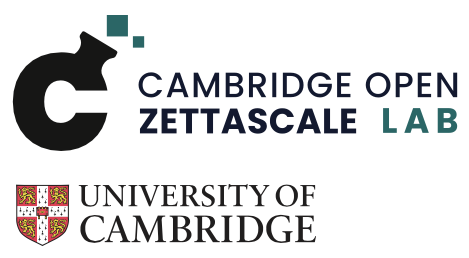Supercomputing has always been about pushing the boundaries of the possible. But as the need to minimize emissions becomes ever more clear and energy prices continue to soar, the HPC industry will have to re-evaluate whether its original guiding principle is still worth following.
One organization operating at the forefront of this issue is the University of Cambridge, which in partnership with Dell Technologies has developed multiple supercomputers with power efficiency at the forefront of the design.
The Wilkes3, for example, is positioned only 100th in the overall performance charts, but sits in third place in the Green500, a ranking of HPC systems based on performance per watt of energy consumed.
In conversation with TechRadar Pro, Dr. Paul Calleja, Director of Research Computing Services at the University of Cambridge, explained the institution is far more concerned with building highly productive and efficient machines than extremely powerful ones.




